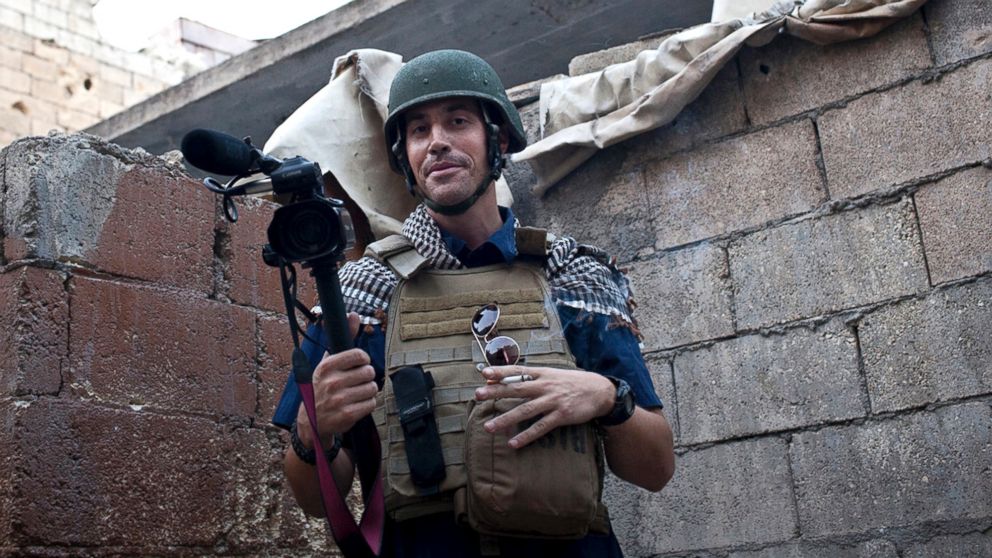James Foley Execution Video Took White House By Surprise

The White House had no warning that ISIS had murdered American journalist James Foley before a video showing the brutal execution appeared online, to the horror of Obama officials, according to a top White House counter-terrorism official.
"I was sitting in my office on the ground floor of the West Wing... I was actually on the phone with [Deputy National Security Advisor for Strategic Communications] Ben Rhodes, who was traveling with the President... when one of my staff came in to say that this video had appeared," said Assistant to the President for Homeland Security and Counter-terrorism Lisa Monaco. "We didn't have advanced warning of it."
Monaco said she was "sick to her stomach" as she watched the video, describing it to Rhodes so that Rhodes could tell Obama.
"It was a horrific thing to see," she told the audience at the Aspen Security Forum. "It was gut-wrenching and horrible and the videos that came after it were equally so."
After her talk, Monaco told ABC News that until the video appeared, the White House was unaware Foley had been killed, much less that he had been the subject of a highly-produced and edited ISIS video.
"At the time, we had very little insight into what was going on in Syria," Monaco told ABC News, which she blamed on the lack of U.S. "presence" in Syria or that of willing intelligence partners. She said every effort has been made to improve U.S. intelligence capabilities there.
James Foley was beheaded by a black-masked figure in a video released online in August 2014. Several execution videos followed in the next weeks, showing the murders of American, British and Japanese journalists and aid workers.
"It [the Foley video] galvanized us even more to take a hard look" at what the U.S. government "could do better" in hostage situations, Monaco said.
The U.S. military launched a complex special operations mission deep into Syria to rescue American and Western hostages a month before the Foley video appeared, but U.S. officials said the hostages had moved before the American commandos got there.
During the Aspen talk, Monaco also addressed allegations by the families of American hostages, as reported by ABC News, that they felt threatened by U.S. officials when it came to potentially paying ransoms to the terror group for their loved ones' safe return. President Obama announced in June he was "updating" the hostage policy: While the U.S. would not make concessions to hostage-takers, no one will threaten families over ransom.
Today, Monaco said, "No family should ever be threatened with prosecution."
After the death of an another American hostage, Kayla Mueller, in February, ISIS is not believed to hold any additional American hostages.